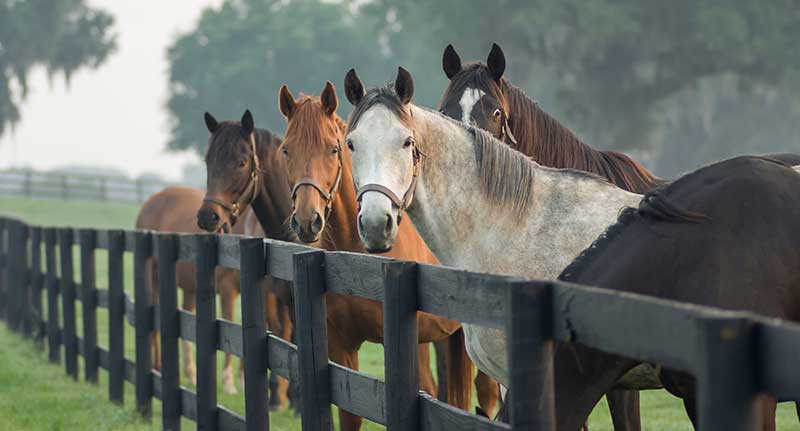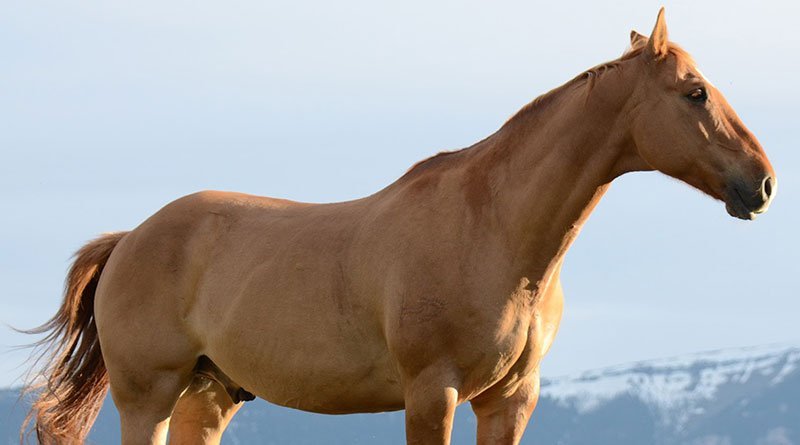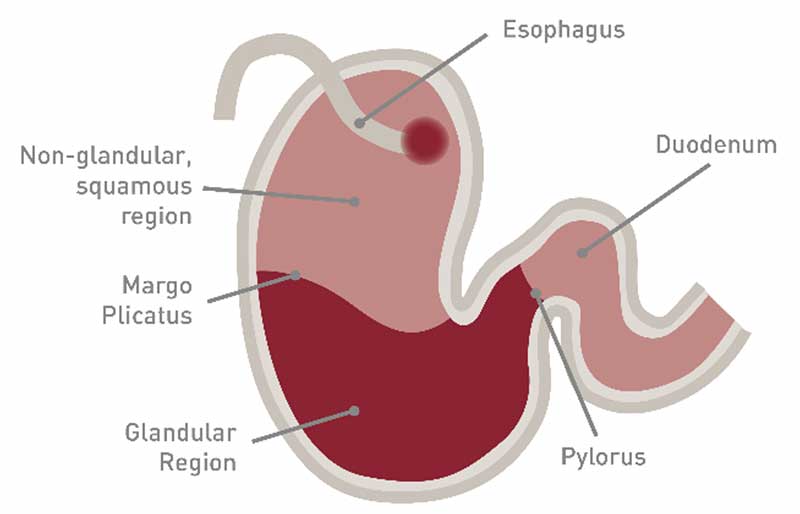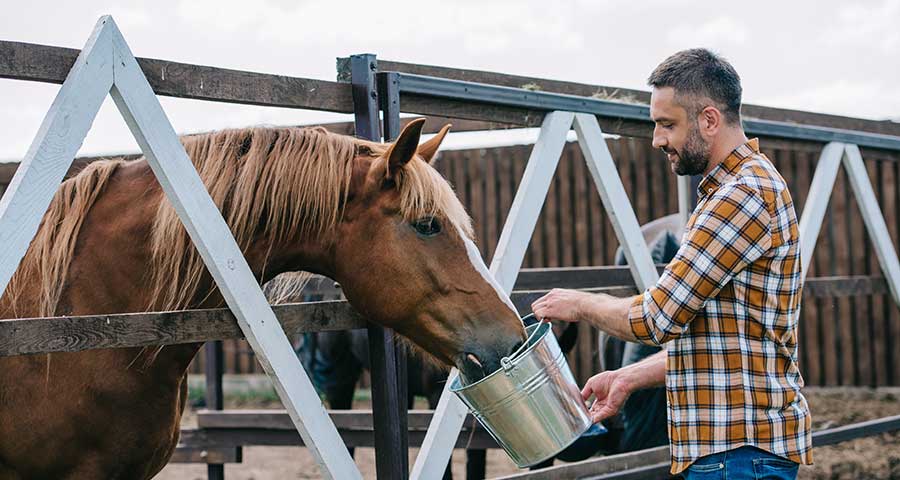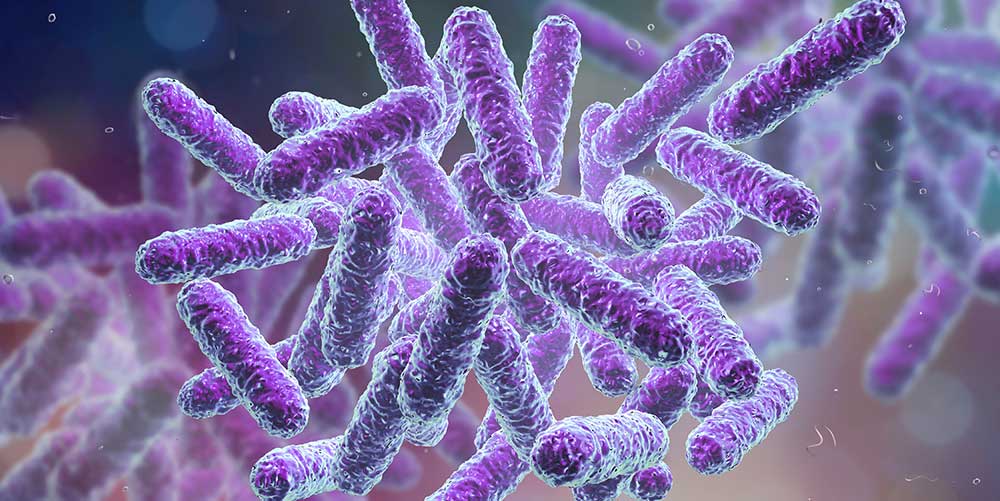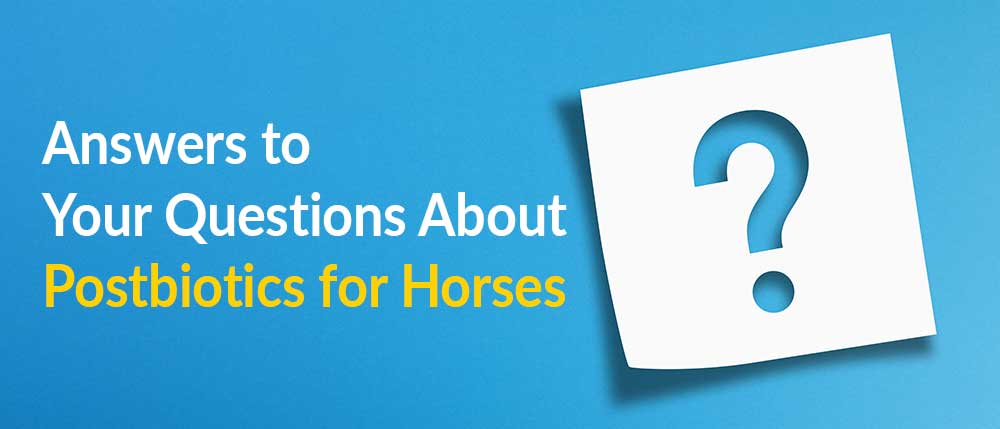How Can You Minimize the Risk of Equine Metabolic Issues Returning To Haunt Your Horse?
By Nikki Alvin-Smith
If you own a horse that has suffered in the past with metabolic health issues and is seemingly recovered, then you are probably feeling a bit down about how to find a meaningful and affordable way to mitigate the chance of repeat incidents.
Flare ups of equine health concerns such as laminitis, cause emotional anguish, inconvenient changes in routine, expensive vet bills for treatment and may sideline your equine partner from the life you hoped he’d live with you.
Extreme weather changes cause extra health stress on the horse. Periods of extreme heat and humidity challenge even the healthiest of equines to stay fit and well.
Regions of the country such as the Northeast U.S.A., have recorded their own record-breaking weather metrics. In 2023, upstate New York has seen the wettest July in a 100 year+ history, causing pastures to stay a vibrant lush green all summer long mirroring the landscapes of the Emerald Isle, Ireland.
Not ideal turnout conditions for horses that suffer from bouts of laminitis or showcase metabolic disturbances.
There are many proven methods to assuage the likelihood of flare ups of metabolic disease in the horse, pony, donkey, or mule, depending of course on the exact and correct diagnosis and degree of debilitation suffered. But there are also many ‘not so proven’ suggestions that do the rounds online making it hard for the concerned horse owner to discern what actions to take to protect their beloved equine’s good health.
The usual recommended remedial actions for horse’s that suffer from Equine Metabolic Syndrome, Insulin Dysregulation or Pituitary Pars Intermedia Dysfunction, are extensive. Add in a horse that has suffered from laminitis induced by these diseases, and the list grows exponentially.
The goal is always to avoid laminitis, though laminitis is not always caused by one of these metabolic melt downs. Tick-borne diseases such as Anaplasmosis, and other bacterial or viral infections, and poisoning, can often induce fevers, thus can all be causative factors in laminitis. Once an equine has suffered from a laminitis episode, he will be more prone to suffer a repeat incidence of the problem.
The list of actions often advised from our esteemed veterinary colleagues to mitigate or control laminitis is as long as the horse trailer packing list for a 3-day show and is likely to include:
- Control a horse’s nutritional intake with turn out in dry paddocks free of forage
- Offer no turnout
- Adopt strict diets including limited grain intake
- Test all forage for non-structural carbohydrate levels (or NSC which is fructans, sugars and starches) so these may be restricted
- Treat hay or forage by soaking or steaming it to limit its nutritional value and lessen NSC presence
- Artful administration of ‘special’ supplements that often the horse does not wish to ingest
- Specifically designed shoeing protocols
- Application of protective soft hoof boots and deeply bedded stalls.
On the one hand these recommendations may make sense, but on another hand they can compromise the equine’s health in other ways.
And we all know it’s tough to manage obesity which predisposes the equine to metabolic issues in the first place, if they cannot freely exercise or be longed or ridden.
But over and above all that, what can you do to set your equine up for success to help support an optimal health status, given the metabolic concern that is hopefully correctly diagnosed at the outset? Perhaps to even to have your horse return to a more normal existence in due course post recovery and rehabilitation from an acute episode?
The Answer Is Simpler Than You May Think
Consider the adoption of a two-pronged approach to help defray the upsets of metabolic disease and improve their management.
Equines that are prone to laminitis flare-ups often experience some level of inflammation in the laminae of their hooves during any major blip in their insulin levels. Obviously building a good hoof structure is a good starting point for soundness. Correct trimming/shoeing practices and the right nutritional support mean at least the horse is starting off on the right hoof.
Most horse owners are familiar with the ‘Holy Grail’ of ingredients that are recommended for use when feeding a hoof supplement, namely biotin, methionine, zinc, and copper. But to address the likelihood of slight inflammation in the hoof laminae that can occur during laminitis flareups, a formula that includes MSM is a good idea. Consider a supplement that contain 5000 mg of MSM in addition to the four recommended constituents mentioned above, to assuage the inflammation nemesis.
In addition, the use of the right postbiotic supplement can also aid the horse in maintaining their metabolic balance. How?
Metabolic disease issues in the horse starts with inflammation, and this is caused by a rise in cytokines.
What is a cytokine?
Principally the cytokine is a chemical messenger protein in the immune system, that tells the body’s immune cells what to do and when. While there are several types of cytokines that regulate different cell functions, they are extremely important in the manner they message cells to boost inflammation when a threat is perceived such as a bacterial invader, or healing of damaged tissue is required.
Cytokines can be pro-inflammatory types that trigger a boost in inflammation, or anti-inflammatory in nature that signal a reduction in inflammatory response. Bearing in mind that excessive immune responses will damage tissue, lowering the inflammatory cytokine activity that has gone awry is something that can help mitigate the health risks associated with the excessive inflammatory responses, such as we see in metabolic diseases.
Anything that can be done to lower the level of these over-zealous inflammation messaging cytokines benefits the overall health of the horse and reduces the inflammatory aspect of the metabolic upset. Interestingly, there is good research to show that horses fed a proven and test postbiotic show a statistical drop in cytokines when tested.
Bear in mind that not all postbiotic products are created equal, so just throwing your money at anything on the market labelled postbiotic is not going to cut it.
I’ll be delving into the subject of product integrity and postbiotic benefits in more detail in future blogs, so stay tuned. Including lots of other information on effective postbiotic ingredients and also the checks and balances to consider that will optimize the holistic approach to caring for our equine partners, including ways to save much money.
But for now, be aware that the right supplement, one that has been proved to help lower the cytokine level that signals inflammation, is a good place to start.
Set Your Horse Up For Success
If you can get ahead of the inflammatory flare ups and extinguish some of the nefarious unbalanced behavior going on in the metabolic upset or imbalance, then you can set your horse up for success.
If you’ve ever had to stable a horse for months on end then you know how mind-blowingly hard it is to keep such a horse mentally stable and fit during the process. Remember those days and nights filled with following strict timelines to administer medications every few hours. The endless rituals of changing ice boots, and other equipment or topical applications to reduce symptoms of metabolic disease.
Once you’ve witnessed first-hand the toll these and other treatment modalities inflict upon both horse and caregiver physically, emotionally and on the human side, financially, then you know how important preventing or controlling metabolic disease flare-ups is and appreciate any rational methods you can employ to help prevent them.
Obviously, simple solutions such as administering proven horse supplements aren’t going to bring the risk of flare-ups of laminitis in the horse to zero. Neither are they likely to completely control health issues caused by metabolic diseases. But doing every bit you can to help minimize any negative impact from metabolic disease and laminitis, however the latter is induced, makes sense.
In my career as a horse breeder and Grand Prix international level competitor, I’ve had horses suffer from a variety of metabolic issues and sidelining a horse from living a ‘normal’ equine lifestyle and of reaching its full potential is heartbreaking.
Each individual equine presents a different challenge to ensure it receives the best supportive and preventative health care protocols. The research into solving these issues is always ongoing, but if we can positively influence and thus improve a single aspect of a horse’s chance to stay healthy or get healthy, then as horse owners, we are all going to try. It’s reassuring to have more ‘tools’ in the toolbox to help us keep our horses as happy and healthy as possible.
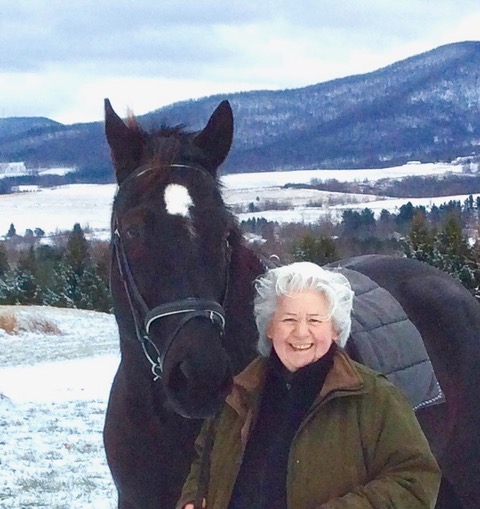
About the author:
Nikki Alvin-Smith is a seasoned freelance writer who loves to share her lifelong experience with everything horse, rural lifestyle, and travel. Her works have been printed in more than two hundred fifty equestrian magazines worldwide and her published articles number in the thousands.
A Brit who has called New York home for more than 40 years, Nikki brings a unique perspective to her writing.Her experience as an international level Grand Prix dressage competitor, coach, and worldwide clinician, with a youth spent showjumping and foxhunting, provides lots of educational truths and fun moments to share with the reader. Additionally, she has been a horse breeder and importer of Hanoverian, Dutch and Iberian horses for more than 25 years. Together with her husband Paul Alvin-Smith, who is also a Grand Prix rider, operates Willowview Hill Farm, an organic hay farm and private dressage yard in the beautiful Catskill Mountains of New York.
Visit nikkialvinsmithstudio.com or horseinakiltmedia.com to learn more.

